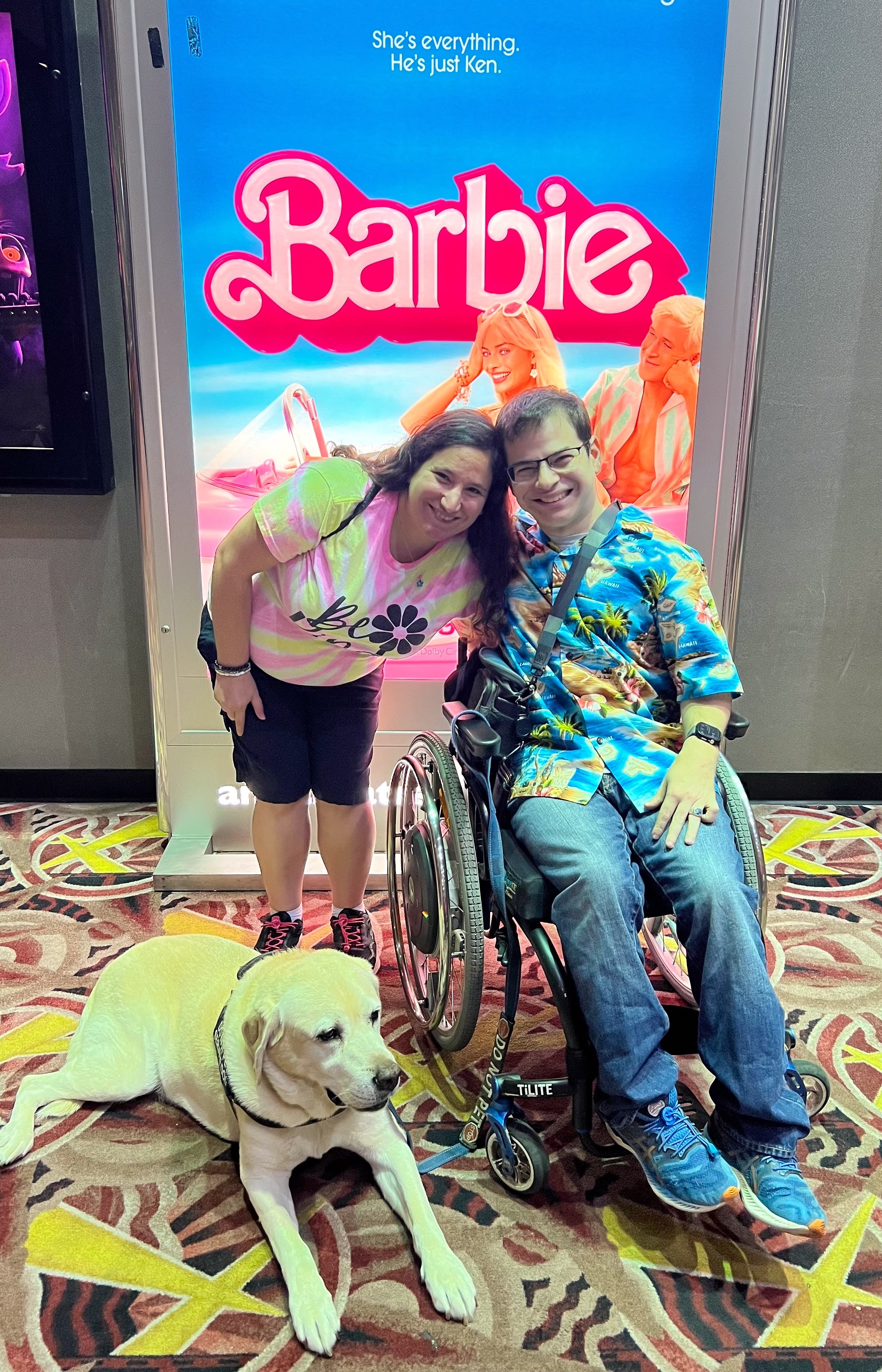Sen. John Fetterman (D-Pa.) arrives for a vote at the U.S. Capitol May 1, 2023.
In light of the recent changes to the Senate's dress code, as detailed by Axios and Rolling Stone, it's essential to view this shift as more than just a fashion statement. This change, announced by Senate Majority Leader Chuck Schumer and reportedly inspired by Senator John Fetterman of Pennsylvania, is a reflection of a reasonable accommodation for someone with a disability.
Sen. Fetterman, who has been candid about his struggles with depression, is protected under the Americans with Disabilities Act. Changes to dress codes are considered a reasonable accommodation, and this should be seen as a progressive step for the disability community. Societal standards, often set by non-disabled neurotypical individuals, can be both physically and mentally taxing for those with disabilities. As someone with cerebral palsy and fine motor challenges, I can attest to the significant energy and mental effort required to don formal attire. My clothing choices are often a reflection of my energy levels, not my work ethic or capability.
Senator Susan Collins humorously threatened to wear a bikini to work in response to the relaxed dress code. Meanwhile, Senator Schumer officially altered the rules around appropriate attire, instructing the Sergeant at Arms to cease enforcing guidelines requiring business attire on the floor. This change allows lawmakers like Pennsylvania’s John Fetterman to embrace casual clothing without violating protocol. Fetterman's attire has been a part of his image throughout his political career. After taking a medical hiatus to seek treatment for clinical depression, he's chosen comfort over costume. This decision, though not directly referencing Fetterman, has irked some Republicans, leading to criticism of him.
In the disability community, we often use "spoons" as a metaphor to describe our energy consumption. It can take someone with a disability significantly more energy to accomplish the same tasks as our non-disabled counterparts. A strict dress code can be challenging for people with disabilities to maintain consistently. My personal experience of ditching formal wear for the office has resulted in increased energy that I can redirect toward my actual work. Being comfortable allows me to be more relaxed and focused. I applaud Senator Schumer for his recent decision and hope that those opposing this change can learn empathy.
Republicans Are Melting Down Over the Relaxed Senate Dress Code









